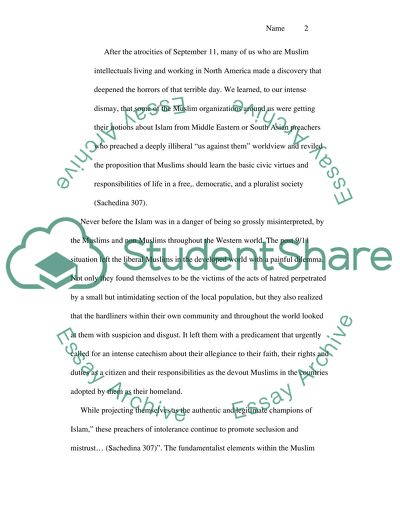Cite this document
(“Introduction to Islam- Essay Example | Topics and Well Written Essays - 2250 words”, n.d.)
Retrieved from https://studentshare.org/miscellaneous/1499623-introduction-to-islam
Retrieved from https://studentshare.org/miscellaneous/1499623-introduction-to-islam
(Introduction to Islam- Essay Example | Topics and Well Written Essays - 2250 Words)
https://studentshare.org/miscellaneous/1499623-introduction-to-islam.
https://studentshare.org/miscellaneous/1499623-introduction-to-islam.
“Introduction to Islam- Essay Example | Topics and Well Written Essays - 2250 Words”, n.d. https://studentshare.org/miscellaneous/1499623-introduction-to-islam.


